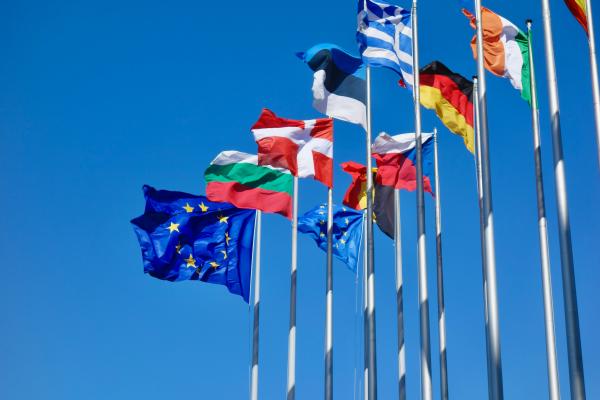The South-East Asia IP SME Helpdesk team welcomes you to its blog, in which you will find updated information concerning Intellectual Property Rights in this region, as well as other interesting information.
Filter by
SEA insights (38)
RSS
Collaboration between the SEA IP SME Helpdesk and the SEPT Competence Center

It is essential that SMEs consider protecting their creations through intellectual property and efficiently manage these assets to reap the most from their investment in Europe.

Rapid digital transformation, as well as forthcoming innovation of the digital economy, has brought new challenges and opportunities for businesses, legislators, and consumers in the Intellectual Property (IP) sector.

The SEA pharmaceutical market presents both opportunities and challenges that require SMEs to have a solid IP strategy to ensure their business’ upswing.

Overview of the pharmaceutical market in SEA: potential and challenges

The International IP SME Helpdesks have joined forces hereby to address this issue by supporting women innovators in unlocking their innovative ideas. To do so, the Helpdesks have compiled initiatives being carried out by countries and IP national offices to support women in their IP journey.

Last month marked the 20th anniversary of the Cambodian patent system. Such major milestones are an opportunity to look back on how the law and practice have developed, and discuss what changes we might expect in the decades to come.
The year 2019 was a milestone for the protection of intellectual property rights (IPR) in Myanmar as four laws were enacted: the Trademark Law , the Industrial Design Law , the Patent Law and the Copyright Law (the IP Laws).
The EU and the Association of Southeast Asian Nations (ASEAN[1]) are two dynamic regions that have built a strong trading and economic relationship over 45 years of cooperation. The EU is ASEAN’s third-largest trading partner...
On 16th June 2022, the Intellectual Property Amendment Bill (“Bill”) was passed before the National Assembly of Viet Nam.

The COVID-19 pandemic has thrust the issue of patents and patent waivers into the global spotlight. It was one of the most pressing issues on the agenda at the Twelfth WTO Ministerial Conference in Geneva (12–17 June 2022), and was also discussed extensively in the press in many countries...
In the Global Innovation Index 2021 (a yearly report published by the World Intellectual Property Organization (WIPO) providing data, analysis, and trends related to innovation), Vietnam ranked 44th out of 132 countries and economies...
South-East Asia is a thriving market with the fifth largest economy in the world (a combined GDP of USD 3 trillion in 2020) and 661.8 million people (the third largest population in the world after China and India) . The region has witnessed comprehe...

The topic of world IP day this year is "IP and Youth: Innovating for a better future". Check out here how the young entrepreneurs and creators are can receive help in protecting their intellectual property in China, South East Asia, India and Latin America!
Indonesia is a promising market in the South-East Asian region, with a population of over 273 million, making it the fourth most populous country in the world . Being located near China – known as the world’s largest producer of counterfeits – Indonesia is one of the biggest destination markets...

The IP SME Helpdesks are organising a webinar for the EU Industry Week: Intellectual Property for the Green Tech and Digital Economy Sectors.
Indonesia is the largest economy in the South-East Asian region. It accounts for about one-third of the region's GDP and has the largest population with 270 million people in 2020.
Vietnam is a thriving market with an annual economic growth of 2.9% in 2020, despite the ongoing pandemic. It happens to be one of the few economies that has shown positive growth despite the prevalence of the Covid- 19 pandemic. Such resilience has attracted investors globally, especially...
Over recent decades, counterfeiting has been causing serious harm, not only to the global economy but also to consumer health and safety. The huge, quickly generated profits made from illicit trading (comprising counterfeiting activities) has encouraged counterfeiters to find new ways to evade the..
• Brunei: The Brunei’s IP Office (BruIPO) updated its services operating hours from 8.00AM -12.00PM and 2.00PM - 3.00PM, Monday to...
